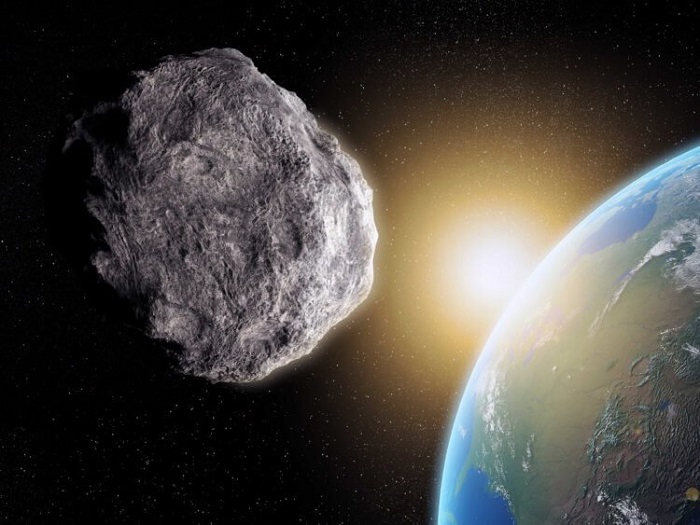Larger asteroids are easier to detect
Advertisement
Larger asteroids are easier to observe; therefore, astronomers are able to discover them early. TC3, a 13-foot-wide asteroid which struck Earth over the Nubian Desert in 2008, was the first-ever identified asteroid before it hit. A hail of smaller meteorites rained down on the desert as it entered Earth’s protective atmosphere and fractured. So, when it came to predicting the arrival of enormous meteorites, Hollywood got it right. However, don’t expect NASA to bring in Bruce Willis (again) to save the Earth!

Img Src: vpchothuegoldenking.com
The other four small asteroids that were detected in advance also may have burned up in the atmosphere
Advertisement
2014 AA, 2018 LA, 2008 TV2 and 2019 MO are the other four asteroids that have been observed before impact. A dazzling flash of light has been reported by a few people in Iceland who claim to have witnessed the most recent meteor strike. According to a statement from the European Space Agency, there have been no conclusive visual or video detections of the fireball “presumably due to the remoteness of the impact point.”

Img Src: ellisdownhome.com
The International Meteor Organization is now accepting reports of public sightings.
Advertisement
There is, however, independent evidence of the asteroid’s impact owing to data from an international network of infrasound sensors. According to the ESA statement, these detectors picked up signals from both Iceland and Greenland. Public reports of sightings of the fridge-sized asteroid are being accepted by the International Meteor Organization right now. You, too, can report a sighting if you live in Iceland or Norway and believe you saw this meteor.

Img Src: christianitydaily.com